Heat Pumps
Heat pumps are becoming a popular heating and cooling system across the U.S., including in cold climates, because they offer highly efficient heating, cooling, and air purification capabilities. The Truckee Donner Public Utility District offers up to a $4000 rebate for heat pump installations. The TECH Clean California incentive offers $1000 per outdoor unit to contractors, which may be passed onto the consumer. Click here to find a contractor near you. Peruse more available rebates here.
How do heat pumps work?
An electric heat pump is an all-in-one heating and cooling unit, essentially an air-conditioner that runs in two directions. In the summer, it runs like a traditional A.C. unit, pumping heat out of the home and circulating cooled air inside. In the winter, it brings heat into the home. Even in very cold temperatures!
A gas furnace generates heat by burning fuel. So for every one unit of energy input, it can only produce one unit of energy output. In reality though, a furnace will convert only 80-90 percent of its fuel into heat, not 100 percent. By contrast, heat pumps use electricity to move, rather than create, heat. This enables them to operate up to four times as efficiently as a gas furnace. As the temperature drops, a heat pump’s efficiency will decline; a heat pump that is four times as efficient as a gas furnace at 50°F may only be 1.5 or two times as efficient at temperatures below zero. Cold climate rated heat pumps (which you will definitely want to ensure your contractor is installing) are able to provide efficient heating in cold climates even at outdoor temperatures as low as -15F
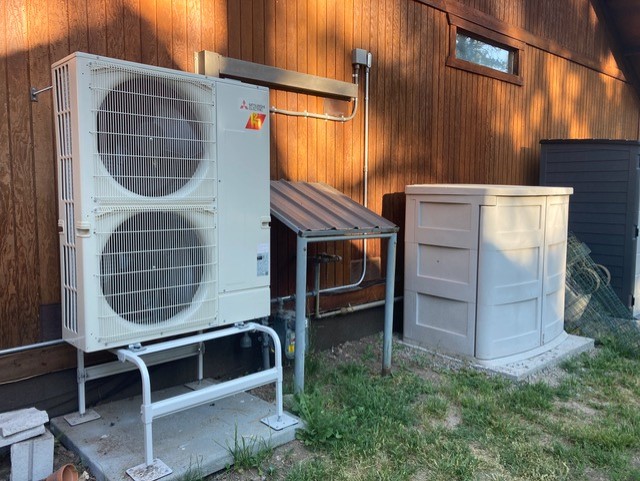
Ducted vs Ductless
Air source heat pumps can be either ducted or ductless systems, making them suited to homes and businesses with or without existing ductwork.
Ducted heat pumps operate using the same type of duct system as a central air conditioner or furnace and are often referred to as central heat pumps. These highly efficient systems work well for homes or businesses that already have ducts or where an owner is planning to install ductwork.
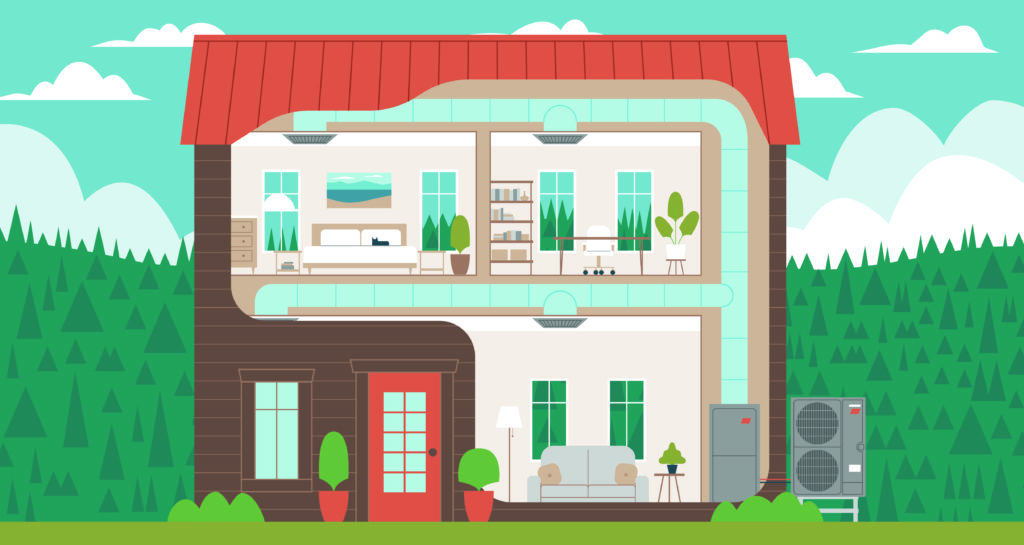
Ductless heat pumps, commonly known as mini-splits, are a great option for homes and businesses without existing ductwork or for rooms that always seem too hot or too cold. These systems can cost-effectively replace electric baseboard heating and window air conditioners, as well as displace oil or propane heating systems.
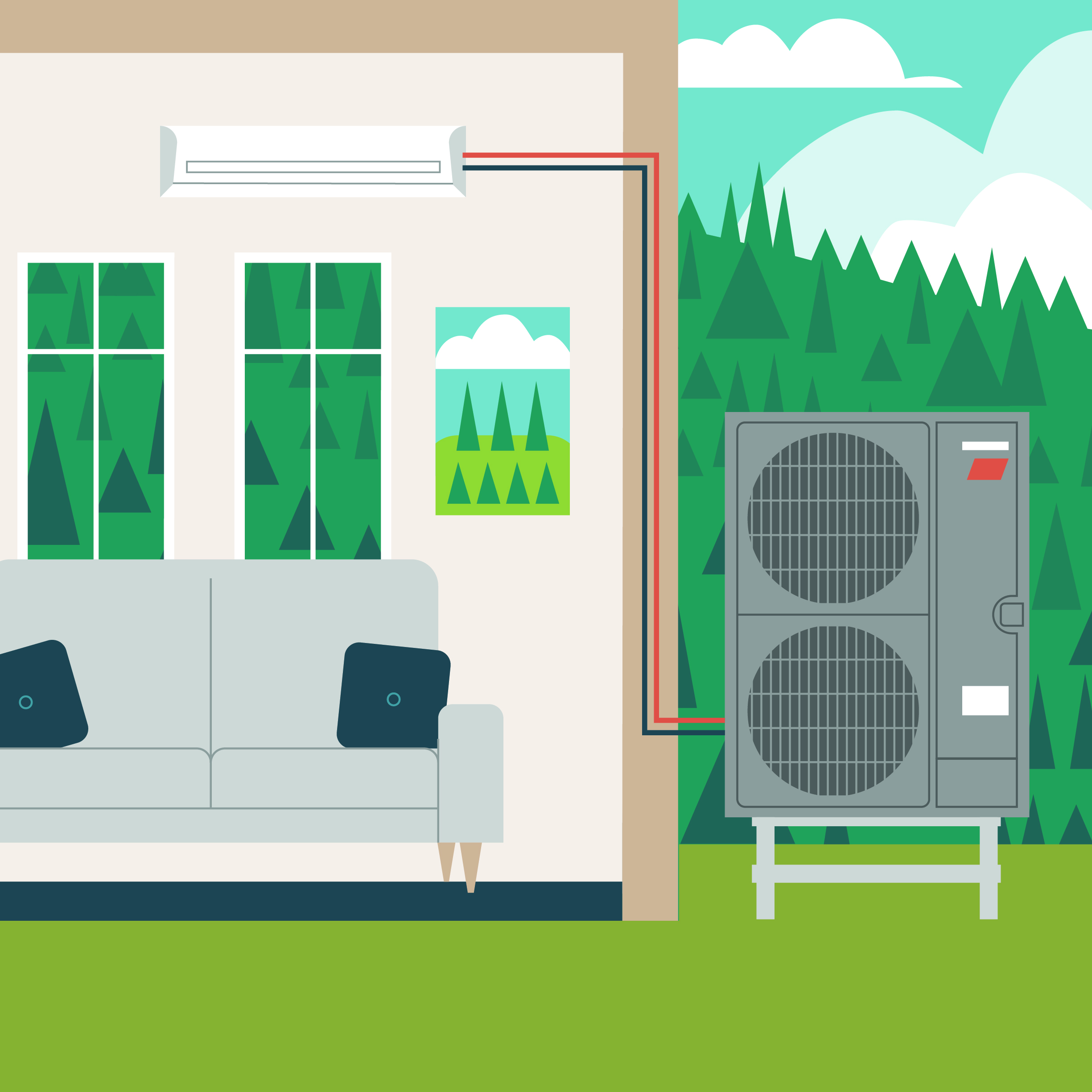
There are four types of indoor units:
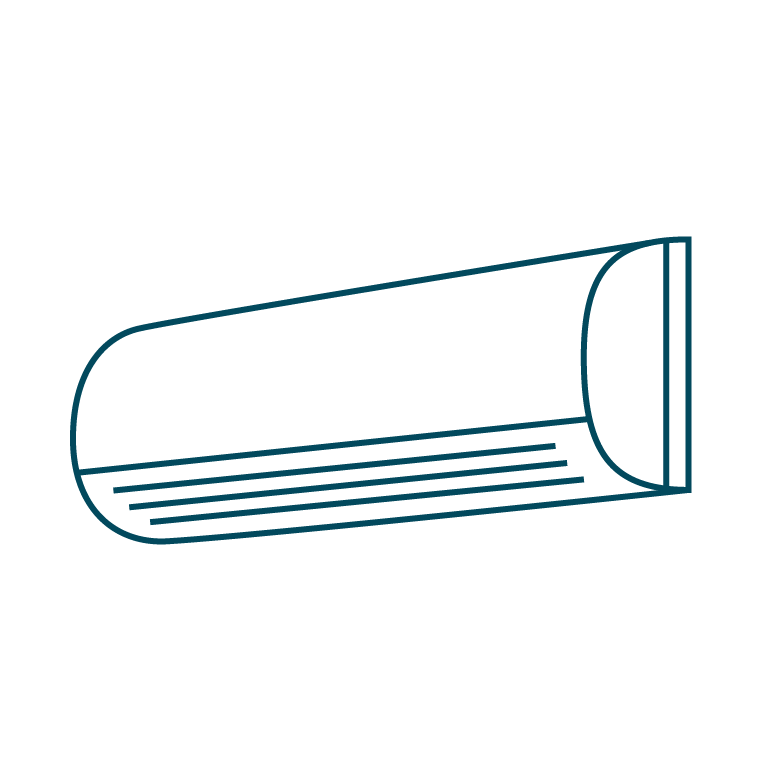
- Wall Units (ductless)
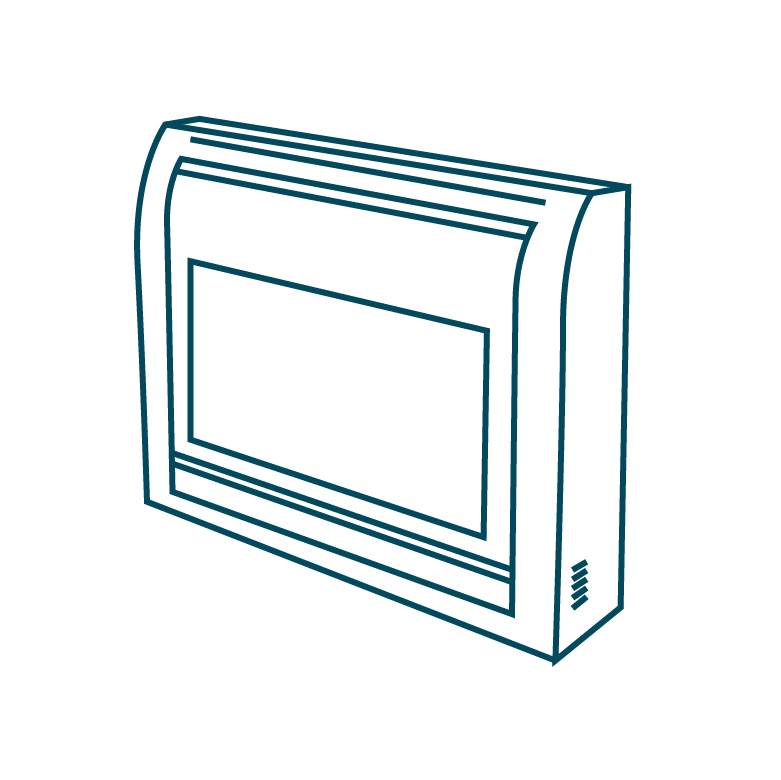
2) Floor Units (ductless, ideal for radiator replacements)
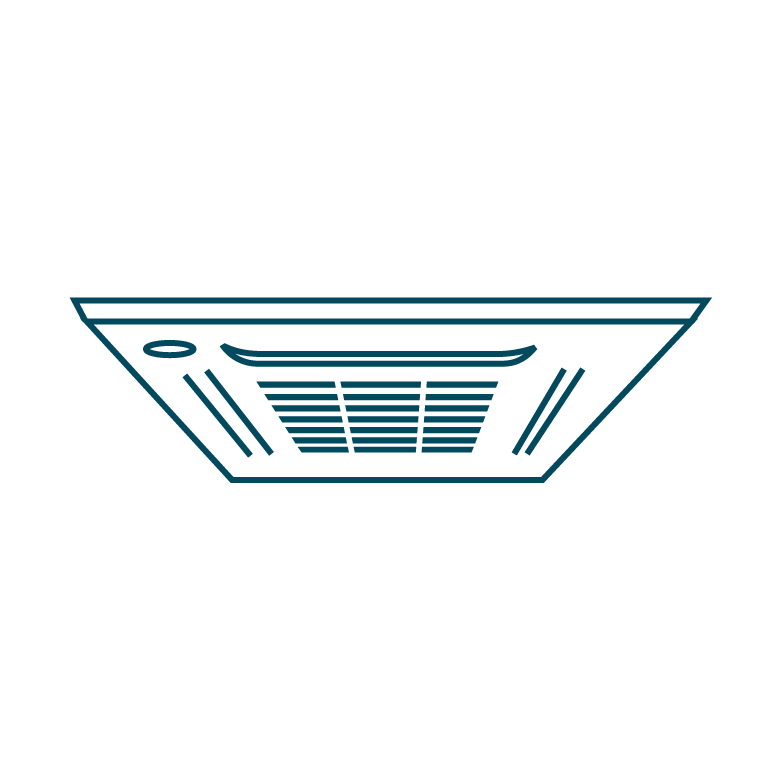
3) Ceiling cassettes (ductless)
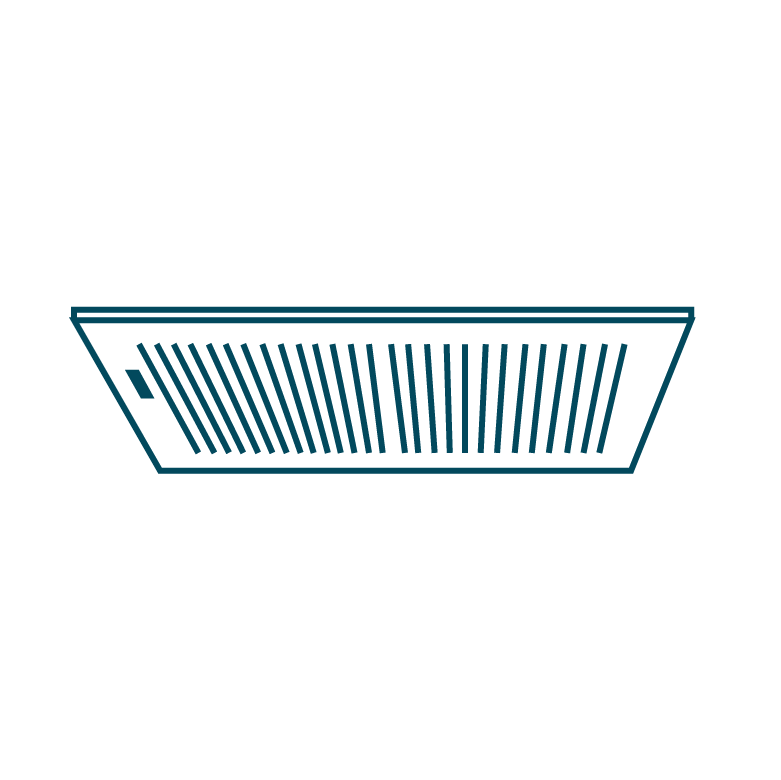
4) Ducted (ideal for system with existing ductwork)
Learn more about ductless heat pumps with this video from Efficiency Maine
What are the benefits?
- Air quality – Heat pumps purify indoor air all year, filtering out viruses and pollutants like wildfire smoke
- Highly efficient heating and cooling – Today’s heat pumps are twice as efficient as typical air conditioners, which translates to energy cost savings. Heating costs will depend on energy fuel pricing, but heat pumps could result in energy savings for heating as well.
- Room-by-room control – When installed with multiple indoor units, heat pumps allow for room by room temperature control.
- Safety – since heat pumps are electrically powered, there is no risk of combustion gas leaks.
What are other considerations?
- Supply chain delays – Though it is most cost-effective to install a heat pump at time of furnace replacement, you will not want to wait until your old furnace is already broken. Due to supply chain delays and busy contractor schedules, it is best to think ahead and plan your installation prior to furnace failure.
- Power outages – Heat pumps run off electricity, so they will not work when the power goes out. However, most gas furnaces require electricity to operate as well, so backup power (such as batteries, woodstoves, gas or propane stoves or generators) are recommended whether you have a gas furnace or an electric heating system.
- Cold temperature performance – Because heat pumps extract heat from outside to provide warm air inside during the heating season, they will lose efficiency as the temperature drops. A system that operates four times as efficiently as a gas furnace at 50°F may only be twice as efficient at temperatures below zero. The highest performance cold climate units can operate and provide heat even below -15 °F. Especially in Truckee, it is critical that you install a cold climate-specific heat pump.
- Interactions with other heating systems – If you are thinking about using a heat pump along with another heating system, make sure to locate the heat pump where it won’t conflict with the other system’s thermostat. This kind of conflict could result in one system preventing the other from running. This is not a risk if you are using a heat pump as your only heating system.
Heat Pump Water Heaters
Heat pump technology is also used in water heaters. These hyper-efficient heat pump water heaters, also known as hybrid water heaters, can boast efficiencies two to four times that of a conventional gas water heater. It is important to note that Heat pump water heaters require installation in at least 1,000 cubic feet of space (12′ x 12′) that maintains a year-round temperature between 40-90 degrees. More information on heat pump water heaters.